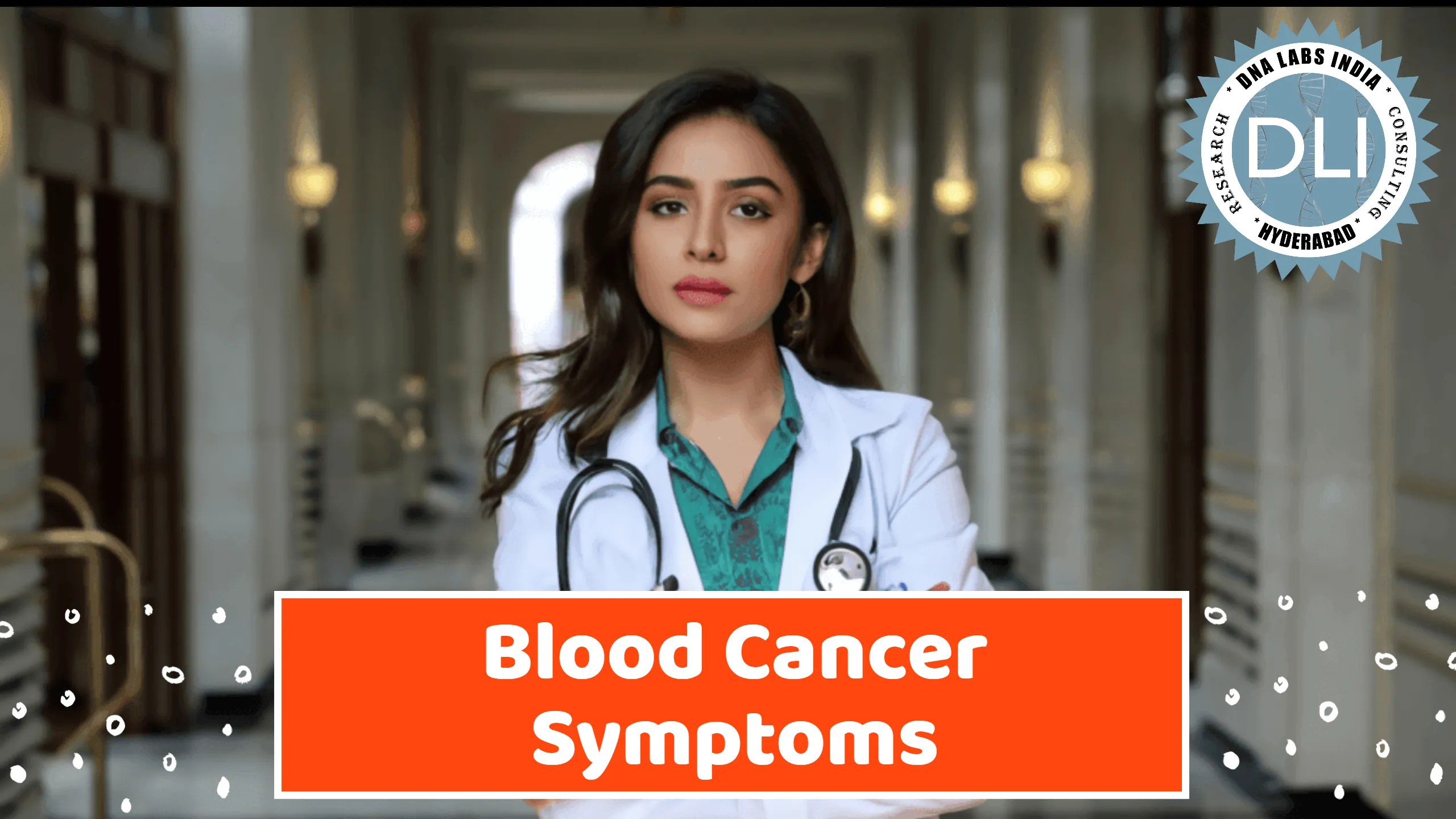Blood cancer, a term encompassing cancers originating in the body’s blood-forming tissues, is a condition that necessitates timely detection for successful treatment. In India, there is a notable interest in blood cancer symptoms, as evidenced by the increased searches on Google Trends. This article aims to shed light on these symptoms specific to India and empower individuals to take proactive steps towards their health.
1. Persistent Infections and Unexplained Fatigue
If you find yourself frequently battling infections or experiencing unexplained fatigue that hinders your daily routine, it is advisable to seek medical advice. The surge in searches for “blood cancer and fatigue” in India underlines the significance of this symptom. Fatigue results from compromised infection-fighting capabilities of abnormal blood cells.
Actionable Advice: Keep a record of your infections and their duration to provide valuable insights to your doctor during consultations.
2. Easy Bruising or Excessive Bleeding
Unexplained bruises or prolonged bleeding from minor cuts may indicate abnormal blood clotting associated with blood cancer. This concern, reflected in Google Trends data, is prevalent among individuals seeking information on blood cancer in India.
Actionable Advice: Be vigilant of any sudden or unusual bruising, particularly on your limbs or torso. Consult a healthcare professional if you experience frequent nosebleeds or bleeding gums.
3. Unintended Weight Loss or Loss of Appetite
Blood cancer’s interference with nutrient absorption can lead to unintended weight loss and diminished appetite. The increased searches for “blood cancer and weight loss” in India highlight the relevance of this symptom.
Actionable Advice: Monitor changes in your weight and eating habits closely. If you notice significant weight loss without effort or a persistent lack of appetite, seek medical attention promptly.
4. Enlarged Lymph Nodes
While lymph nodes enlarge as part of the body’s immune response to infections, persistent swelling, particularly in the neck, armpits, or groin, could signal blood cancer.
Actionable Advice: Regularly check for swollen lymph nodes in these areas. Consult a doctor if you detect any lumps that persist beyond two weeks.
Remember: Early detection is pivotal! If you experience any of these symptoms persistently, do not delay in consulting a healthcare provider. Blood cancer is manageable, and timely identification significantly enhances treatment outcomes.
Conclusion
Understanding the subtle signs your body may exhibit can be instrumental in detecting blood cancer early. This article serves as a foundational guide for recognizing potential symptoms. Early intervention plays a crucial role in the effective management of blood cancer. If you have any concerns, do not hesitate to reach out to a healthcare professional for guidance and support.



